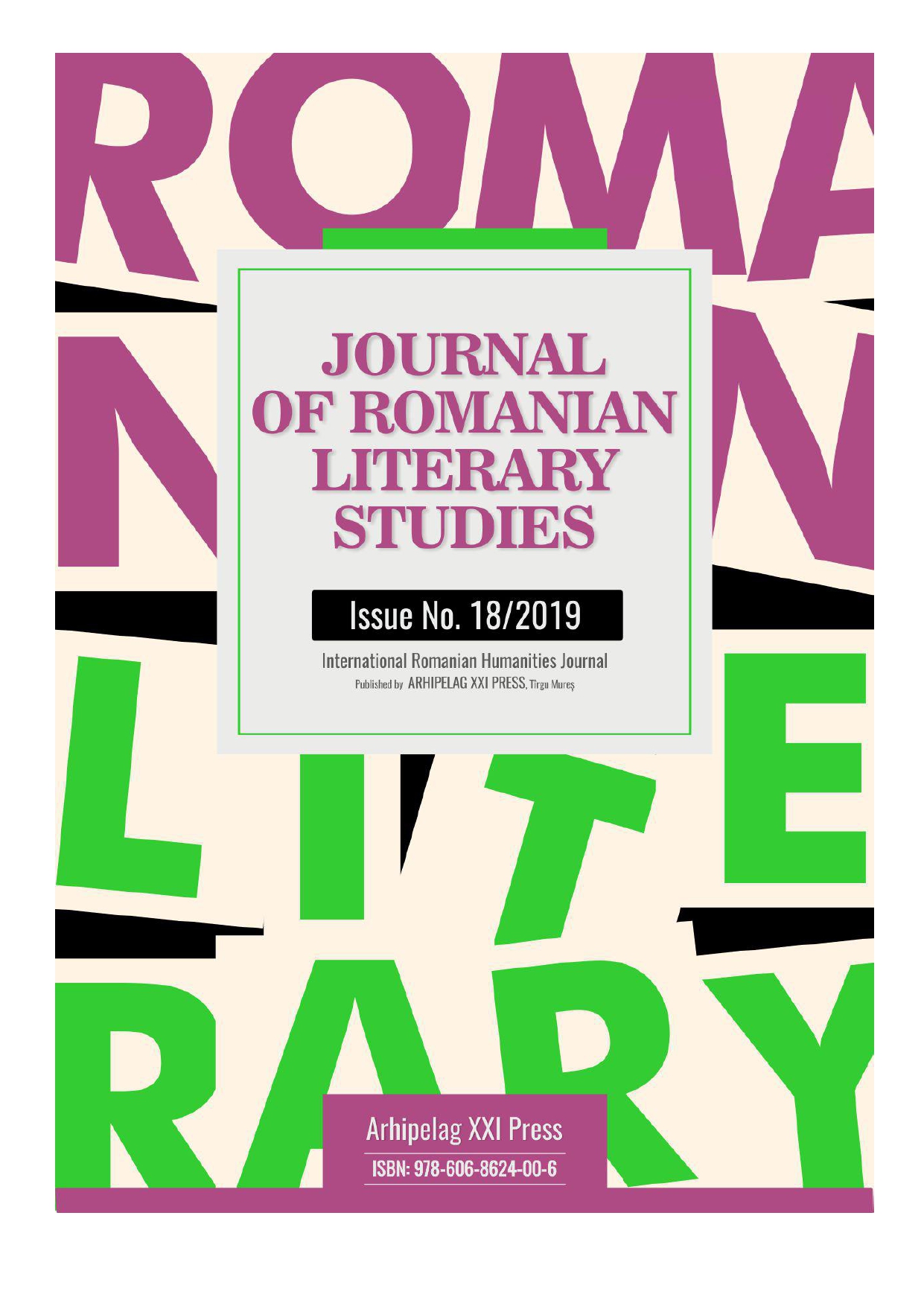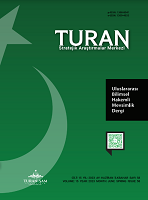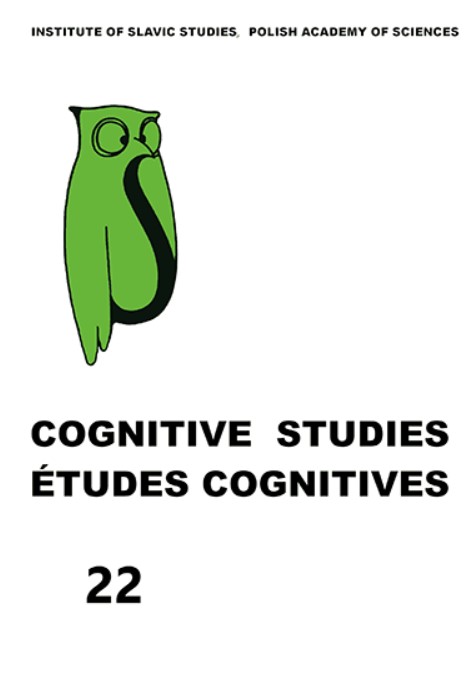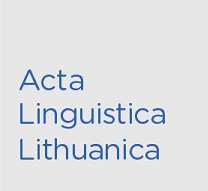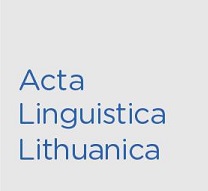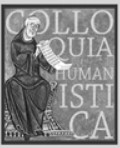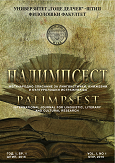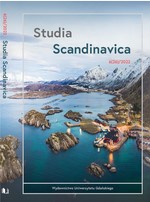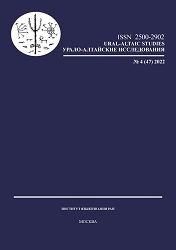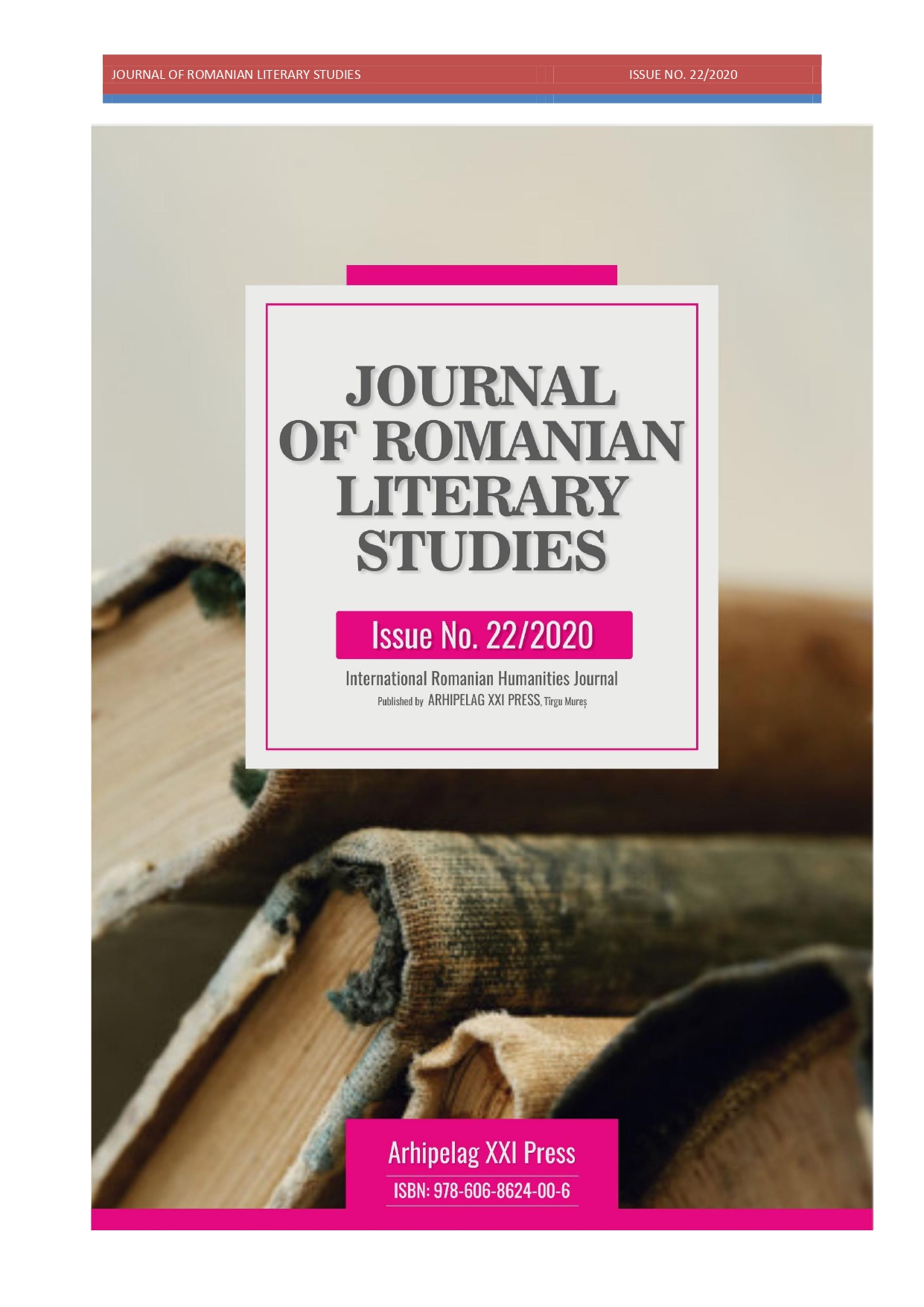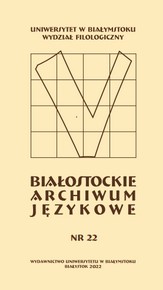Author(s): Mariam Koberidze / Language(s): Georgian
Issue: 3/2021
Aleksandre Khakhanashvili is a representative of the generation working in Russia who was actively involved in the care of the Georgian language, literature, history and culture. He continued the work of his dear teacher - Ilia Okromchedlishvili at the Lazarev Institute of Oriental Languages in Moscow and at Moscow University, where he taught Georgian language from 1889 to 1912. Aleksandre Khakhanashvili was the head of the Department of Georgian Language of Oriental Languages in Moscow, the secretary of the Scientific Council and a Private-Docent. This article analyzes Aleksandre Khakhanashvili's attitude to current issues of Kartvelology. The research is based on scientific publications, archival and press materials. In this regard, his letters are interesting: "Georgian Literary Language", "About Old Georgian", “Prof. Homel's Opinion on Georgian Language", "Professor Tomasheky's Opinion on Georgians and Armenians", "Definition of One Legal Term", "Imeretian or Georgian Language" and others. As a result of observations on the relevant material, Al. Khakhanashvili's Opinions were distinguished: Opinions expressed by foreign linguists about the origin and development of the Georgian language should be based on their own research and correct information. Only a Georgian scholar or Iberist can study the Georgian alphabet. The opinion expressed by Fritz Hommel, a professor at the University of Munich, that the Georgian language is related to the Etruscan, Basque, Elamite, and Hittite languages is based on two or three examples, and these examples are not visible. For example, the verb: Madiurad-turna, turnak, turnash is compared to Georgian: I am, you are, there is. The opinion expressed by Fritz Hommel, a professor at the University of Munich, that the Georgian language is related to the Etruscan, Basque, Elamite, and Hittite languages is based on two or three examples, and these examples are not visible. For example, the verb: Madiurad-turna, turnak, turnash is compared to Georgian: var (I am), khar (you are), ars (he/she/it is). The same can be said about the opinion of Professor Tomaszek of the University of Vienna on the relationship between the Georgian language and the Basque language (there are no substantiated examples). The writings of Giorgi Eristavi are the beginning of a new stage of the Georgian literary language. The study of dialects and their introduction into literary language should be done with caution, as the development of writing requires the approchement of language and dialectic speech. It is important to protect the purity of the language from barbarisms and to translate the Georgian terminology accurately into another language. Aleksandre Khakhanashvili's contribution to the study of Georgian manuscripts is particularly important in relation to the present. Finding, studying and publishing Georgian manuscripts abroad are still problematic. Determining the conformity of the manuscripts described by Aleksandre Khakhanashvili with other manuscripts and studying them from a linguistic point of view is still relevant. The work is noteworthy for the study the history of the Georgian language and of Georgian dialectology.
More...
